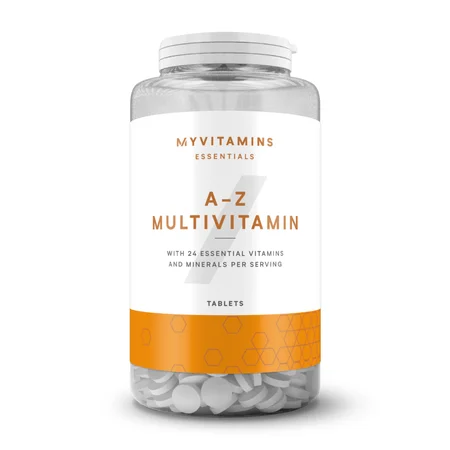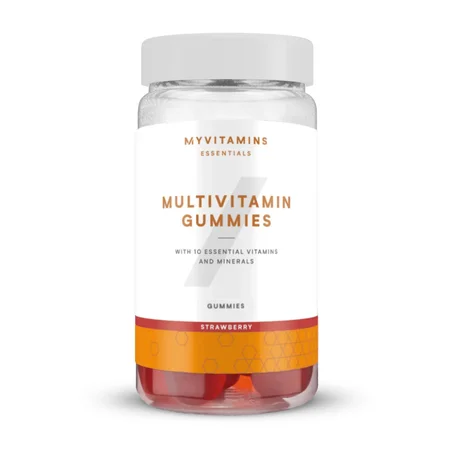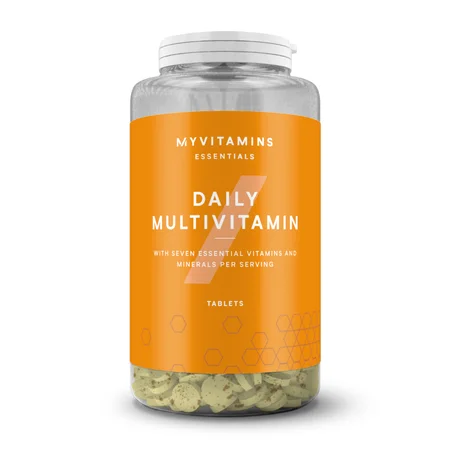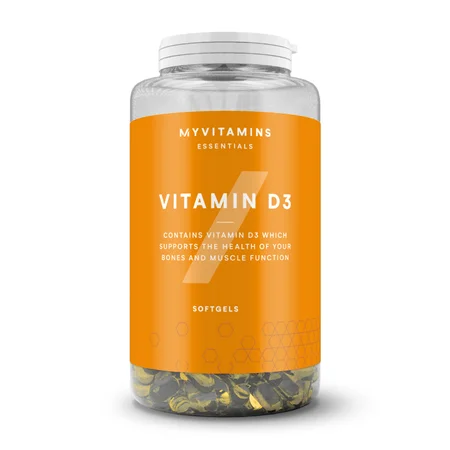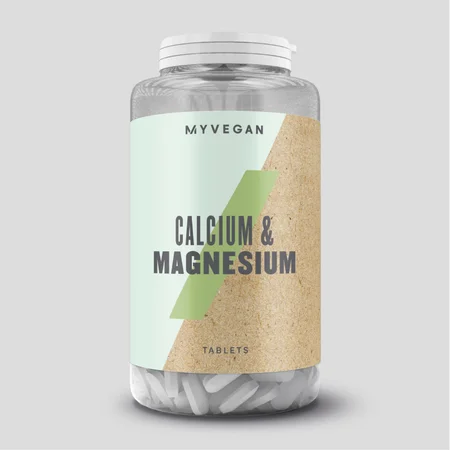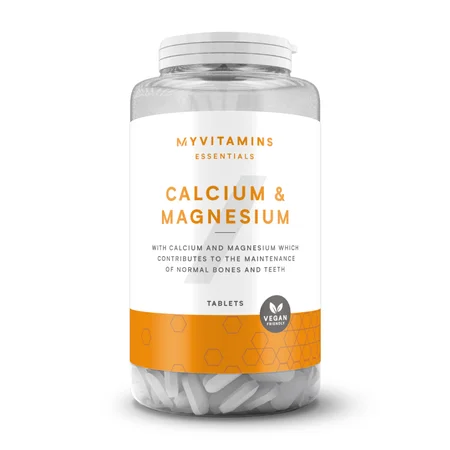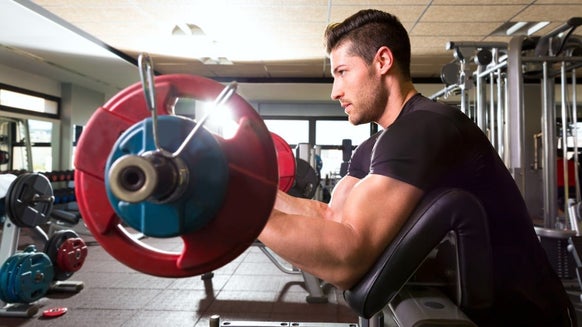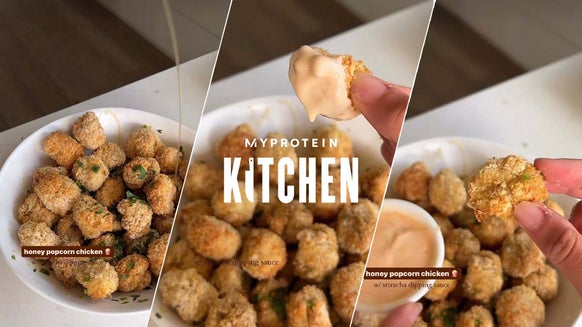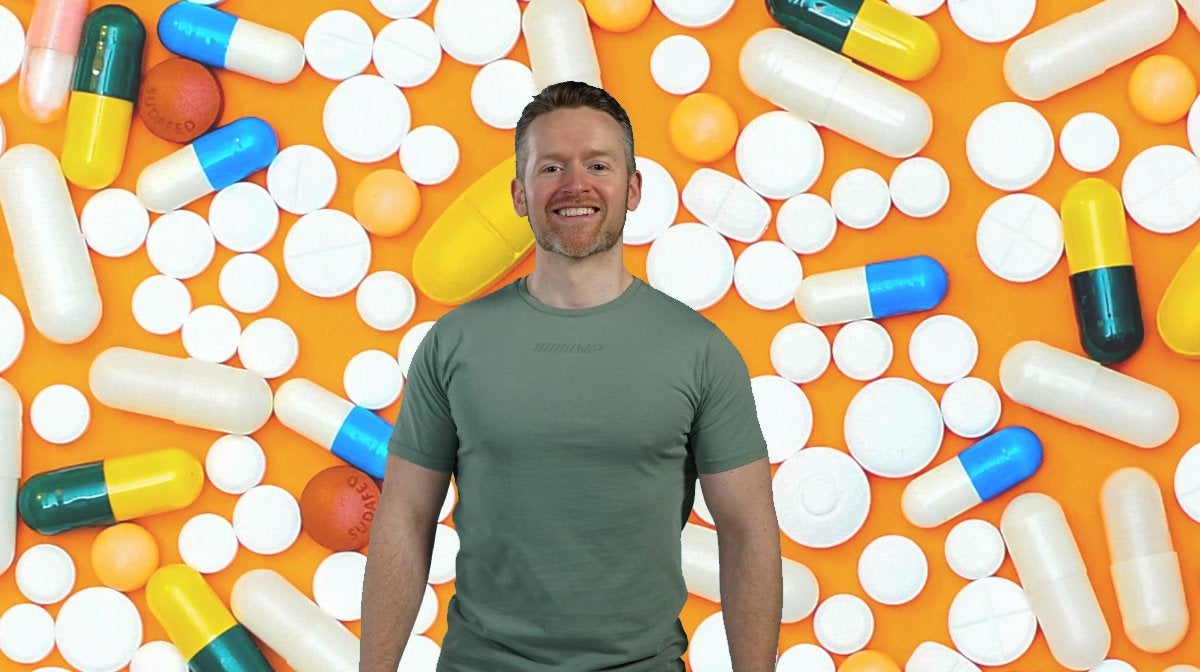
Multivitamins. They come in many shapes and sizes, and you can find them in pretty much any supermarket, pharmacy or online supplier. It’s likely that you’re no stranger to them. You may have fond memories of your parents telling you about the importance of taking your multivitamins. Fun parents often gave their children a fruity gummy version. If you had parents like mine, you just had a tablet version. I’m not bitter at all...
Anyway, in his latest video, nutritionist and PhD researcher Richie Kirwan spills the tea on the “all-rounder” of the supplement world. As always, he's not telling you how to live your life — he just wants you to make informed choices.
What does a multivitamin contain?
Multivitamins can be a bit of a wildcard. They can contain any mix of vitamins, minerals, and even other substances, in pretty much any dose selected by the manufacturer. While there is no set recipe, there are guidelines that must be followed, particularly RNI — or reference nutrient intake.
In the UK, each multivitamin supplement usually contains enough of each nutrient to provide you with 100% of the RNI. Although, it’s worth bearing in mind that we all have different vitamin and mineral requirements. Adult women, for example, need more iron than men. Because of this, RNIs are usually set at a level that meets 95% of the population's nutrient needs.
The vitamin and mineral information for the micronutrients is likely to be listed on the side of the container, disclosing how much of each micronutrient the supplement contains — usually in milligrams and micrograms — and as a percentage of the RNI. The amount of each vitamin and mineral in the supplement is tiny, but that’s because your body doesn’t need a lot — hence why they’re called micronutrients.
Do you actually need them?
The moment you’ve all been waiting for. The reason you clicked on this article. Do you actually need multivitamins? The answer: no.
*gasp*
All right, that’s a bit dramatic. And hold your horses, because that’s not the end of the video. If you have a well-balanced diet, you eat enough calories, and you don’t restrict any foods or food groups, then you probably don’t need a multivitamin. You'll already be getting everything you need from your diet.
But if we look at population data in UK, we see it’s common for people to be deficient in some nutrients, especially calcium, iron, zinc, vitamin D and B12. This is often due to imbalanced or restrictive diets. For example, if someone doesn’t eat red meat, they’re more likely to be deficient in iron. Similarly, if someone doesn’t eat dairy products, they'll have a higher risk of calcium deficiency.
Unsurprisingly, vegans see a higher level of deficiencies than the rest of the population, as they reduce many of the dietary sources of vitamins and minerals. So vegans need to be more proactive to reach their RNIs.
A calorie deficit can also see you reducing your vitamin and mineral intake, which increases your likelihood of becoming deficient in certain nutrients.
Vitamin D
Richie says, and we quote, “if you have a balanced diet, you're probably getting all of the nutrients you need.” Well, now he wants to go back on his word, and hit us with some home truths on vitamin D.
You see, the best source of vitamin D isn’t food — it’s sun. In the UK, it’s cloudy and it rains, all the time, so it’s next to impossible for people to hit their RNI. The answer? Supplementation.
There are other vitamins and minerals that are hard to come by. Your body requires a lot of calcium and magnesium, so it’s common to be deficient in these. And in a multivitamin, it’s rare for the quantity of these nutrients to be 100% of your RNI, so it might be worth supplementing these separately.
Take Home Message
So, now you’ve got the facts. But what will it be? Do you trust that your diet is balanced enough to meet your vitamin and mineral requirements? Or will you be filling your boots with multivitamins for the foreseeable future?
As ever, if you’re concerned about deficiencies, it’s worth consulting a nutritionist for some professional advice, as nutrition is not “one size fits all”.
MORE FROM RICHIE HERE:
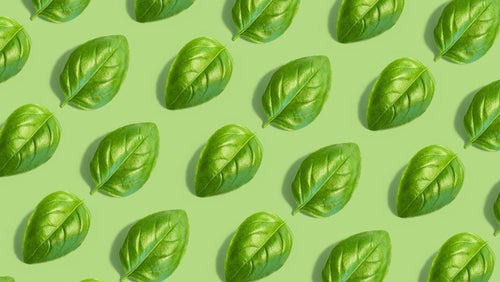
15 Foods High In Vitamin K
This vitamin is crucial for bone health — here's how to get more of it....

10 Foods High In Magnesium
Peanut butter on toast is definitely on the menu....

